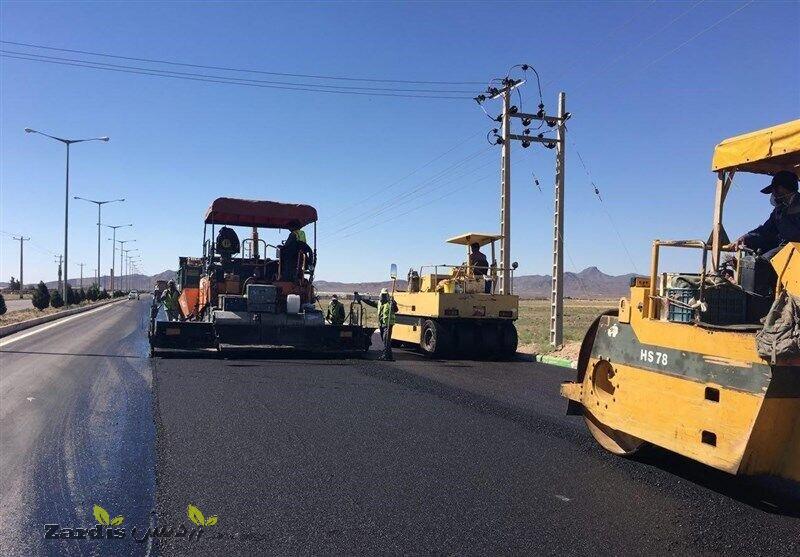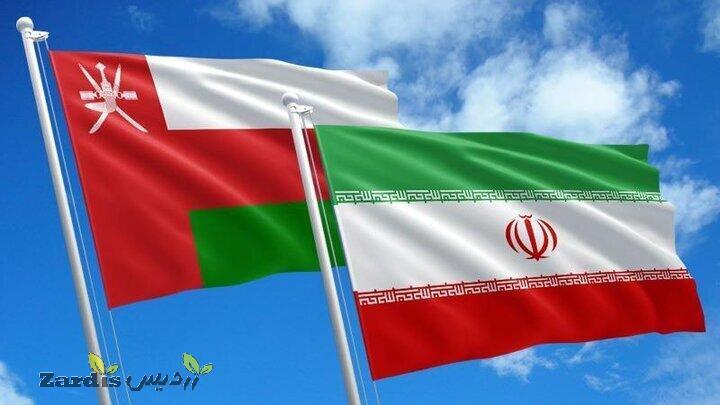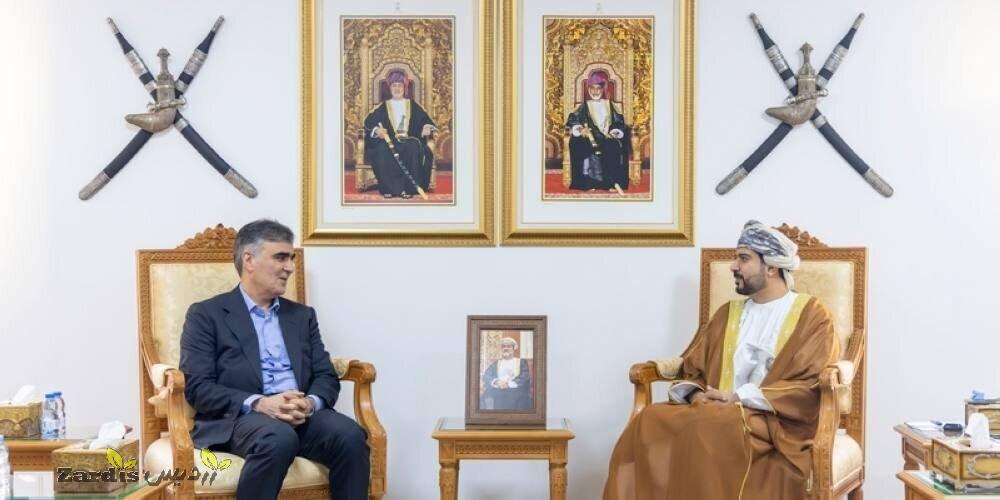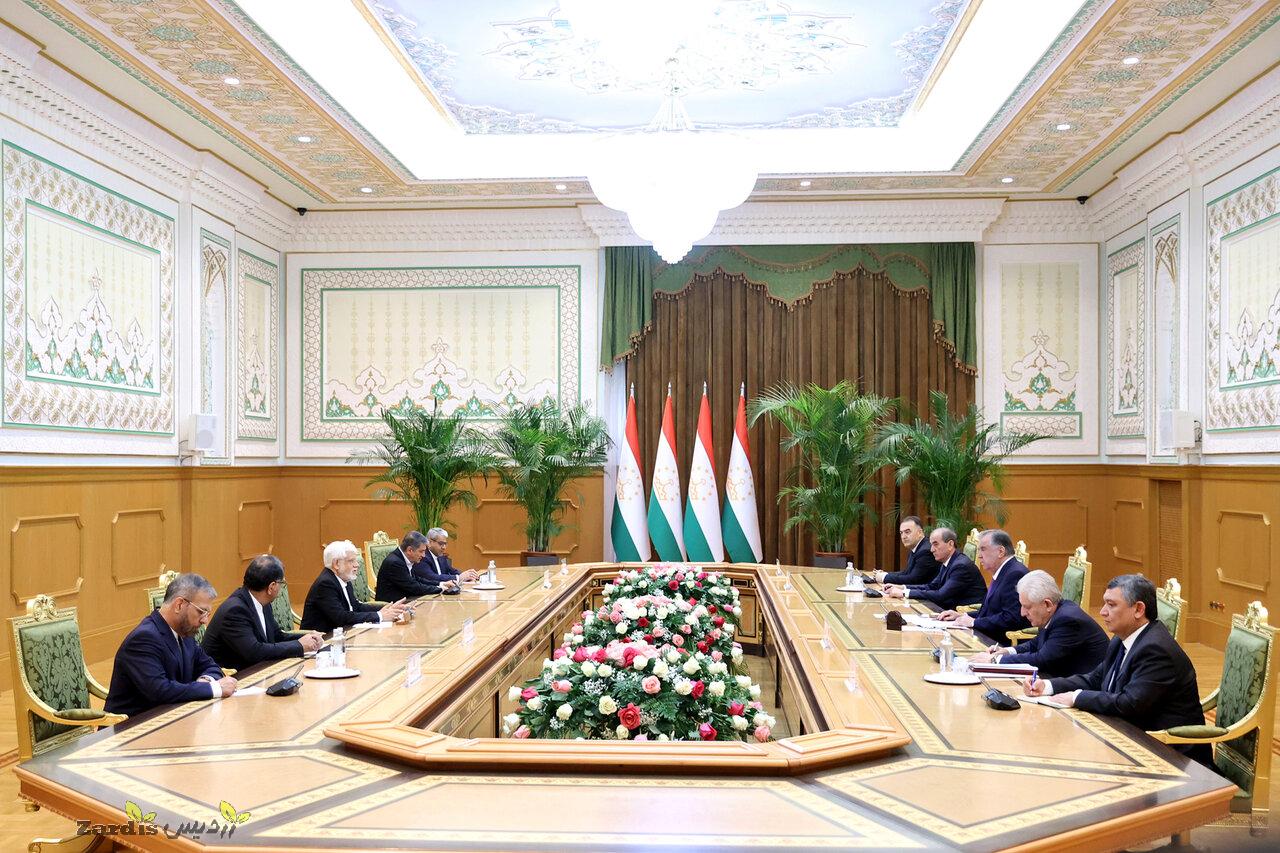TEHRAN- The head of Iran’s Road Maintenance and Transportation Organization (RMTO) announced that 3,500 kilometers of roads in the country’s rural regions will be asphalted under the framework of “Abrar Plan” by the end of the current Iranian calendar year (March 20, 2022).
Dariyush Amani said that according to the mentioned plan, projects with a physical progress of more than 70 percent in the country, especially in the provinces with a higher average rural population, will be a priority in terms of asphalting the rural roads.
The deputy transport and urban development minister further announced the high cost of building the rural roads, and the arrears of the contractors as some major problems in the implementation of Abrar Plan and stated that according to statistics, the cost of rural roads constructing has increased by about 102 percent this year compared to the last year.
Villages are often mentioned as some keys to the development of countries, and the allocation of a proper amount of budget to rural development always brings fruitful economic results.
In Iran, where villages account for generating 20-23 percent of the value added in the country, development of rural areas has been always a top agenda of the governments’ activities.
The sustainable economic, social, and cultural development of the villages is one of the major priorities of the current government, and many projects implemented and underway in this regard have led to outstanding development in the rural regions.
It is while the sanctions have created many limitations and difficulties for the Iranian economy in recent years.
One of the sectors with noticeable achievements in this field is gas supplying, while the number of villages supplied with natural gas has doubled during the past seven years since the current government started its activity.
The current government has paid 290 trillion rials (about $6.904 billion) for supplying gas to the rural areas.
It should be noted that supplying gas to the villages has been a big help for the development of infrastructures, the establishment of complementary industries, and job creation in these areas.
The supply of drinking water to the villages has been also expedited by the current government.
Under the framework of a program titled A-B-Iran, the Energy Ministry has inaugurated many projects to supply drinking water to the rural areas.
A-B-Iran program (the acronyms A and B stand for water and electricity in Persian) was initiated in the previous Iranian year, during which the energy minister made 31 trips to various provinces for inaugurating over 220 major projects with a total investment of 335.6 trillion rials (about $7.99 billion).
This program has supplied drinking water to 1.7 million people in rural areas.
In terms of power supplying, Energy Minister Reza Ardakanian announced that electricity will be supplied to the villages with less than 10 families in the current Iranian calendar year.
The minister said that power supply to these villages and also supplying electricity to the nomadic areas through mobile solar panels are among the major priorities of the ministry’s A-B-Iran program.
A-B-Iran program (the acronyms A and B stand for water and electricity in Persian) was initiated in the Iranian calendar year 1398 (ended on March 19, 2020), during which the minister made several trips to various provinces for inaugurating over 220 major projects with a total investment of 335.6 trillion rials (about $7.99 billion).
The government has also initiated a plan for constructing and renovating roads in the rural areas, through which 3,000 kilometers of roads have been built, and 4,000 kilometers have been renovated in the villages with over 20 families in the past two years.
All such programs and projects are hoped to bring sustainable development to the country’s villages and lead to boosting production, which is now seriously pursued in the country.
MA/MA
- News code 25368
- 317 View
- بدون نظر
Zardis news | The latest news of Iran and the world
تمامی حقوق مطالب برای Zardis news محفوظ است و هرگونه کپی برداری بدون ذکر منبع ممنوع می باشد.
طبق ماده 12 فصل سوم قانون جرائم رایانه ای کپی برداری از قالب و محتوا پیگرد قانونی خواهد داشت.
طراحی و اجرا: سامانه سایت ساز زردیس







